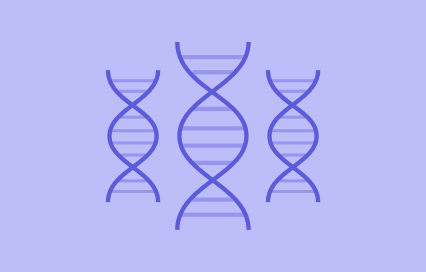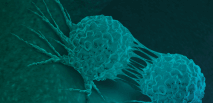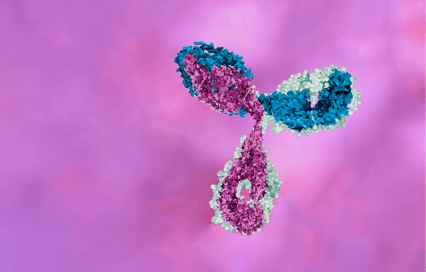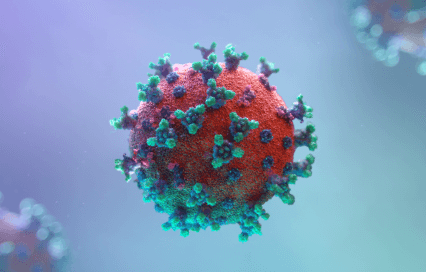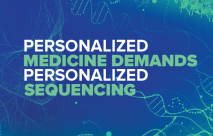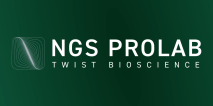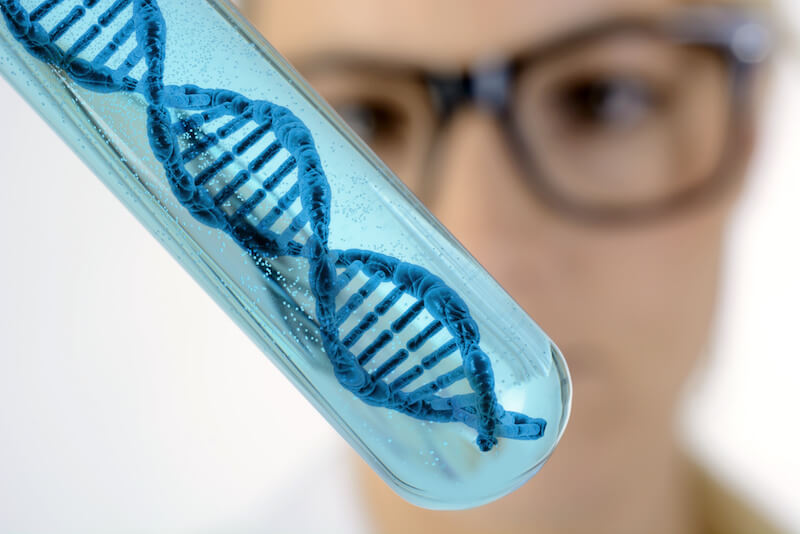Twist Bioscience
December 12, 2017
min read
Twist Bioscience’s introduction of a silicon-based manufacturing process changed the way DNA is synthesized and led to cost-effective, rapid, high-quality and high-throughput synthetic gene production.
Following on the discovery of the genome editing technique CRISPR-Cas9, which allowed researchers to more easily manipulate DNA,
Twist Bioscience’s platform is helping usher in a new era of genetic investigation.
Emily Leproust, the CEO of Twist Bioscience, will address this new era Oct. 3 at the SynBioBeta SF 2017 conference in San Francisco in a panel discussion titled, “The Future of Synthetic Biology.” Joining her on the panel will be John Cumbers, the founder of SynBioBeta, Adam Clore, a Scientific Applications Specialist at Integrated DNA Technologies, and Michael J. Kamdar, president, CEO and board member of Molecular Assemblies.
Leproust says these discoveries are inspiring synthetic biology researchers to achieve new applications that promise to bring a multitude of benefits to improve the quality of our lives.
“The challenge going forward is to leverage the great potential that these technologies offer us to continue to develop breakthroughs in fields such as personalized medicines, pharmaceuticals, sustainable chemical production, improved agriculture production, diagnostics, DNA data storage, and more,” Leproust said. “We’ve already seen incredible advances with coats and shoes now made from spider silk, tires and carpet made in sustainable ways, new methods of food production, and I believe we’ve only seen the tip of the iceberg.”
Twist Bioscience’s approach, emphasizing scalability and offering access to DNA for both low- and high-volume users, brings differentiated solutions to application spaces with differentiated problems.
She cites a few examples:
“For health promotion, our customers are using synthetic DNA to extend the frontiers of target discovery, drug discovery, drug development, and diagnostics,” Leproust explained. “Our customers are also using synthesized DNA from Twist Bioscience to increase sustainability on our planet. Low-cost specialty chemicals are becoming an increasingly attractive alternative to petroleum-derived chemicals.
“For food security, using genetically modified DNA and introducing new phenotypic traits to plants which do not occur naturally in the species, we are seeing a series of breakthroughs relating to food crops,” she added. “For DNA data preservation, and through a collaboration with Microsoft, Twist Bioscience has shown that DNA is the perfect media for longevity, density and universality of format for storing data.”
In the coming years, synthetic biology will be generating levels of achievement we can’t imagine today, she said. “The continuous application of scientific research, testing, and safety measures,” Leproust said, “will enable us to build on our achievements and do the things we only hope for today, across many fields and disciplines.”
The SynBioBeta SF conference will be held at the Mission Bay Conference Center, 1675 Owens St , San Francisco on October 3-5, 2017. The panel discussion will take place from 2:05 p.m. to 2:40 p.m. on October 3.
Register for the conference to learn more about the future of synthetic biology. Twist Bioscience is a Gold Sponsor of SynBioBeta.
Get the latest by subscribing to our blog
Get the latest
Subscribe to our blog
INTEGRATIONS
Technology
Resources
Partnerships
- Terms & Conditions
- Policy on Unsolicited Submissions of Information
- Privacy Policy
- Regulatory and Quality Information
- Security
- Payment Information
-
© 2025 Twist Bioscience. All rights reserved.
